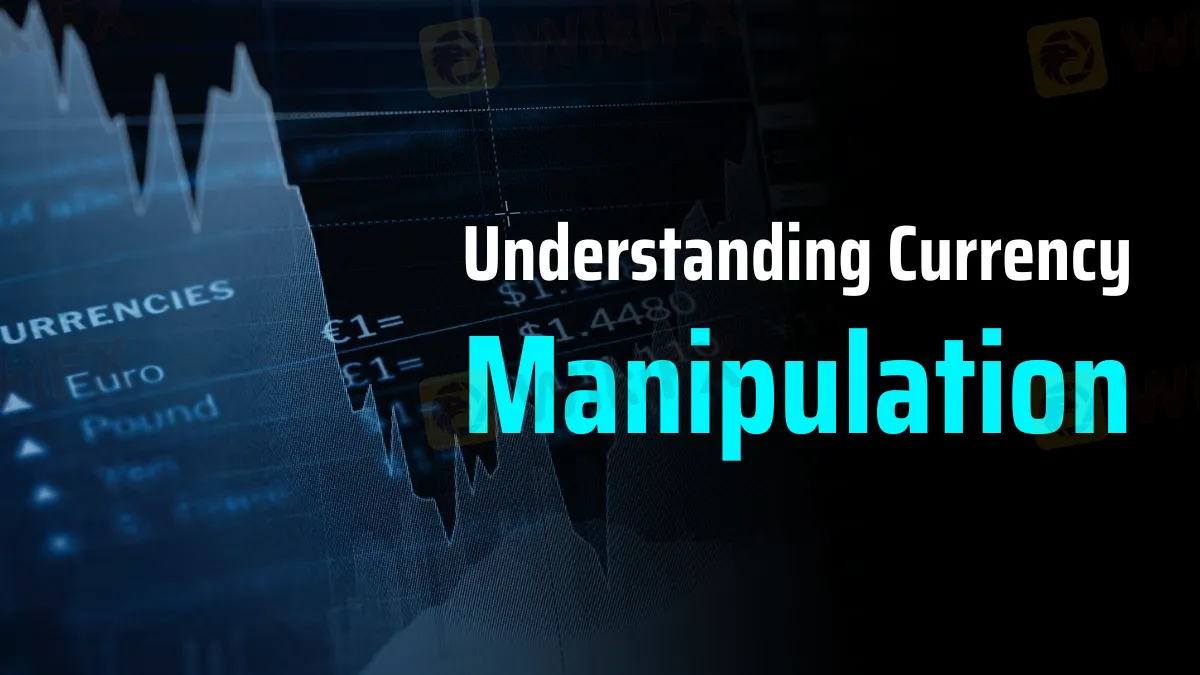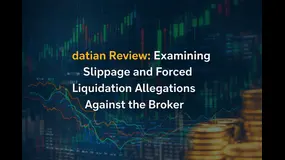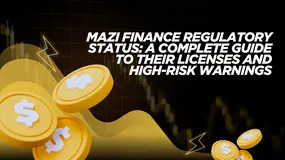WikiFX Valentine's Message | Trade Safely, Together Every Step of the Way
In the Forex Market, Trust Is Not a Promise — It’s Verified Through Safety, Transparency, and Support
简体中文
繁體中文
English
Pусский
日本語
ภาษาไทย
Tiếng Việt
Bahasa Indonesia
Español
हिन्दी
Filippiiniläinen
Français
Deutsch
Português
Türkçe
한국어
العربية
Abstract:Learn about currency manipulation, its effects on American jobs, and solutions to protect free trade and market principles.

Currency manipulation is a complex yet crucial issue affecting global trade and the economy. It involves strategic actions by governments and central banks to influence the value of their currencies, often to gain an unfair competitive advantage in international markets. This practice can have significant repercussions for countries like the United States, impacting jobs, trade flows, and economic stability.
Trade is fundamentally an exchange of goods and services, but it's facilitated by the exchange of money. Thus, the value of currency can be as pivotal as the quality of the traded items. When governments intervene in currency markets to subsidize their exports, they distort free trade principles. This intervention forces markets to ignore the natural supply and demand pressures, undermining fair competition.
Free trade, which supports U.S. exports and American jobs, relies on the free trade of currencies as well. When currency markets are manipulated, trade flows are distorted, negating the benefits of free trade agreements and causing economic imbalances.
Currency manipulation typically involves a country deliberately weakening its currency to make its exports cheaper and more competitive. This is done by selling its own currency and buying foreign currency, usually U.S. dollars. By increasing the supply of its own currency and the demand for foreign currencies, the manipulating country can lower the value of its currency.
For example, if Country X wants to make its exports more attractive, it will sell its currency in large amounts and purchase U.S. dollars. This action decreases the demand for Country X's currency and increases the demand for dollars, effectively lowering the exchange rate of Country X's currency.

International bodies like the International Monetary Fund (IMF) and the World Trade Organization (WTO) have rules against currency manipulation. The IMF uses a three-part test to identify currency manipulators:
Trade Surplus: Did Country X have more exports than imports over a six-month period?
Foreign Exchange Reserves: Did Country X increase its foreign exchange reserves during that same period?
Excessive Reserves: Are Country X's foreign exchange reserves more than three months' worth of normal imports?
If a country meets these criteria, it can be identified as a currency manipulator. However, monetary policies like quantitative easing, which involves increasing the money supply to stimulate the economy, do not fall under this test.
Currency manipulation affects the U.S. economy in several detrimental ways:
Increased Cost of U.S. Exports: When a country manipulates its currency, U.S. exports become more expensive in that country, leading to reduced competitiveness and job losses in the U.S.
Unfair Advantage for Foreign Imports: The manipulating country's exports become cheaper in the U.S., giving them an unearned competitive edge over American-made goods. This results in decreased sales of U.S. products and loss of American jobs.
Global Competitiveness: U.S. exports become less competitive worldwide. A weaker currency in one country makes U.S. products more expensive globally, reducing overall U.S. exports and causing further job losses.
To combat currency manipulation and protect American jobs, strong and enforceable currency rules need to be incorporated into all future trade agreements. These rules should ensure that any country found guilty of currency manipulation loses the benefits of the trade agreement. This approach would discourage unfair currency practices and uphold the principles of free trade and market fairness.
In conclusion, currency manipulation is a significant issue that affects global trade dynamics and the U.S. economy. By understanding its mechanisms, identifying its occurrence, and implementing robust solutions, we can protect American jobs and promote fair trade practices. Enforceable rules against currency manipulation in trade agreements are essential to maintaining a balanced and fair global trading system.

Disclaimer:
The views in this article only represent the author's personal views, and do not constitute investment advice on this platform. This platform does not guarantee the accuracy, completeness and timeliness of the information in the article, and will not be liable for any loss caused by the use of or reliance on the information in the article.

In the Forex Market, Trust Is Not a Promise — It’s Verified Through Safety, Transparency, and Support

Did you face losses due to a sudden change in the trading price on the datian platform? Were your transaction records deleted by the Hong Kong-based forex broker? Did the broker liquidate your trading account multiple times despite not reaching the stage where it mandated this move? Have you experienced heavy slippage on the trading platform? Concerned by these issues, traders have complained about the broker online. We will let you know of these with attached screenshots in this datian review article. Keep reading!

Did you face constant rejections of your fund withdrawal applications by TopstepFX? Have you been denied withdrawals in the name of hedging? Did you witness an account block without any clear explanation from the forex broker? There have been numerous user claims against TopstepFX regarding its withdrawals, payout delays and other issues. In the TopstepFX review article, we have investigated the top complaints against the US-based forex broker. Keep reading!

When choosing a broker, the first question is always about safety and legitimacy. Is my capital safe? For Mazi Finance, the answer is clear and worrying: Mazi Finance is an unregulated broker. While the company, MaziMatic Financial Services LTD, is registered in the offshore location of Saint Lucia, this business registration does not replace strong financial regulation from a top-level authority. Independent analysis from regulatory watchdogs shows a very low trust score, made worse by official warnings from government financial bodies and many user complaints about serious problems. This article provides a clear, fact-based analysis of the Mazi Finance regulation status. Our goal is to break down the facts and present the risks clearly, helping you make an informed decision and protect your capital.
